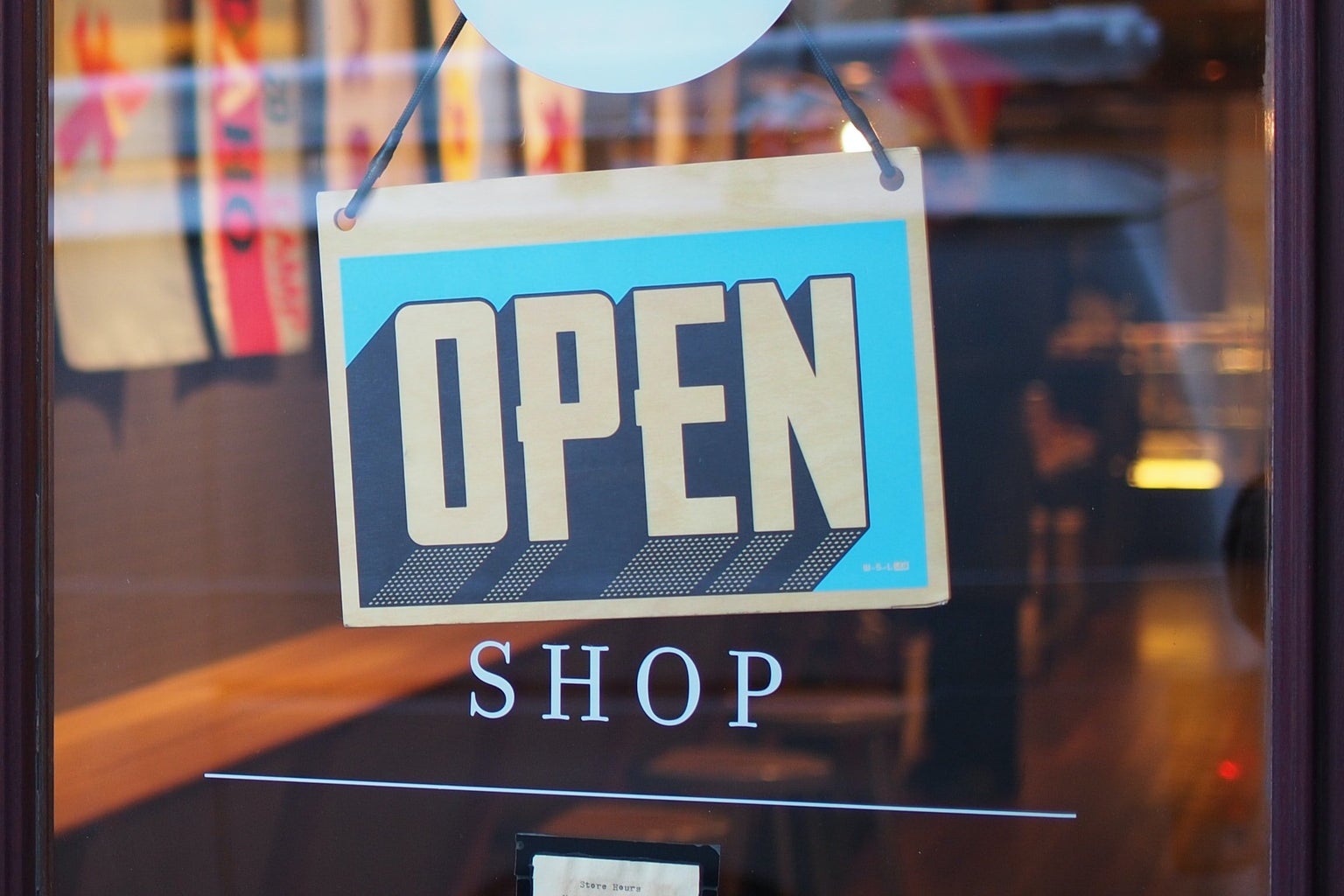Shutdowns and limited capacities in response to COVID-19 have greatly impacted small businesses and their profits. Whereas, many large corporations had an influx of revenue as the pandemic allowed them to effectively market products, such as hand sanitizer and masks. Although these businesses made more money, they continued to underpay employees and provide unsafe and unsanitary working conditions.
During the start of the pandemic, I was guilty of placing at least three orders a week on Amazon. It was convenient; I could find anything I wanted with the click of a button. However, in the summer of 2020, I got a job working as a hostess at a local restaurant, and I started to understand the repercussions of shopping from large companies. While I was investing my money into Amazon, small businesses were losing customers and struggling to stay open.
When I realized this, I attempted cutting off all ties to Amazon in favor of shopping from local stores, but going from relying on Amazon to never using it proved to be more difficult than I had imagined. I struggled to find places that were nearby or offered quick delivery while still being affordable. Eventually, I impulsively made purchases on Amazon for items I did not need, or even really want, because I was so frustrated from spending so much additional time shopping at small businesses.
At first, I was satisfied with my choice to return back to shopping on Amazon, but as I continued to come into work everyday my guilt kept increasing. I was knowingly supporting a company that mistreated employees and took customers away from small businesses similar to the one I worked for — businesses that desperately needed more customers to stay afloat.
I realized that maybe cutting all ties with Amazon wasn’t the right approach. Instead, I needed to slowly limit the amount I was shopping from Amazon, before stopping in its entirety.
On my second attempt, I started buying one type of item at a time from local businesses. I would go to local thrift stores to buy clothing items, which actually became much more affordable and enjoyable as I would be able to find unique pieces while browsing for other items. I started to buy books from used bookstores and local D.C. bookstores that ship across the country such as Kramers.
As I continued to find new local stores to buy items from, I started to spend less time ordering from Amazon along with less money. Now, I only place orders on Amazon once every few months. Even if I have to shop from large businesses in order to find the products I need, I choose to shop from corporations that treat employees more ethically than Amazon does. Now, I rent my textbooks from Chegg, which is known for treating employees respectfully and offering benefits such as paid vacation. Additionally, I buy electronics from Best Buy because they have high levels of employee satisfaction.
The switch from Amazon to small businesses was surprisingly easier than expected. I anticipated spending a lot more money and time in order to end my Amazon addiction. Yet, in reality, it often only costs a dollar or two more to buy a product from a local store than it does to buy items from Amazon. While it may be inconvenient at first to find new stores to buy products from, once you discover local businesses with kind and dedicated employees and executives who care about the people, it is hard to go back to buying from Amazon.




